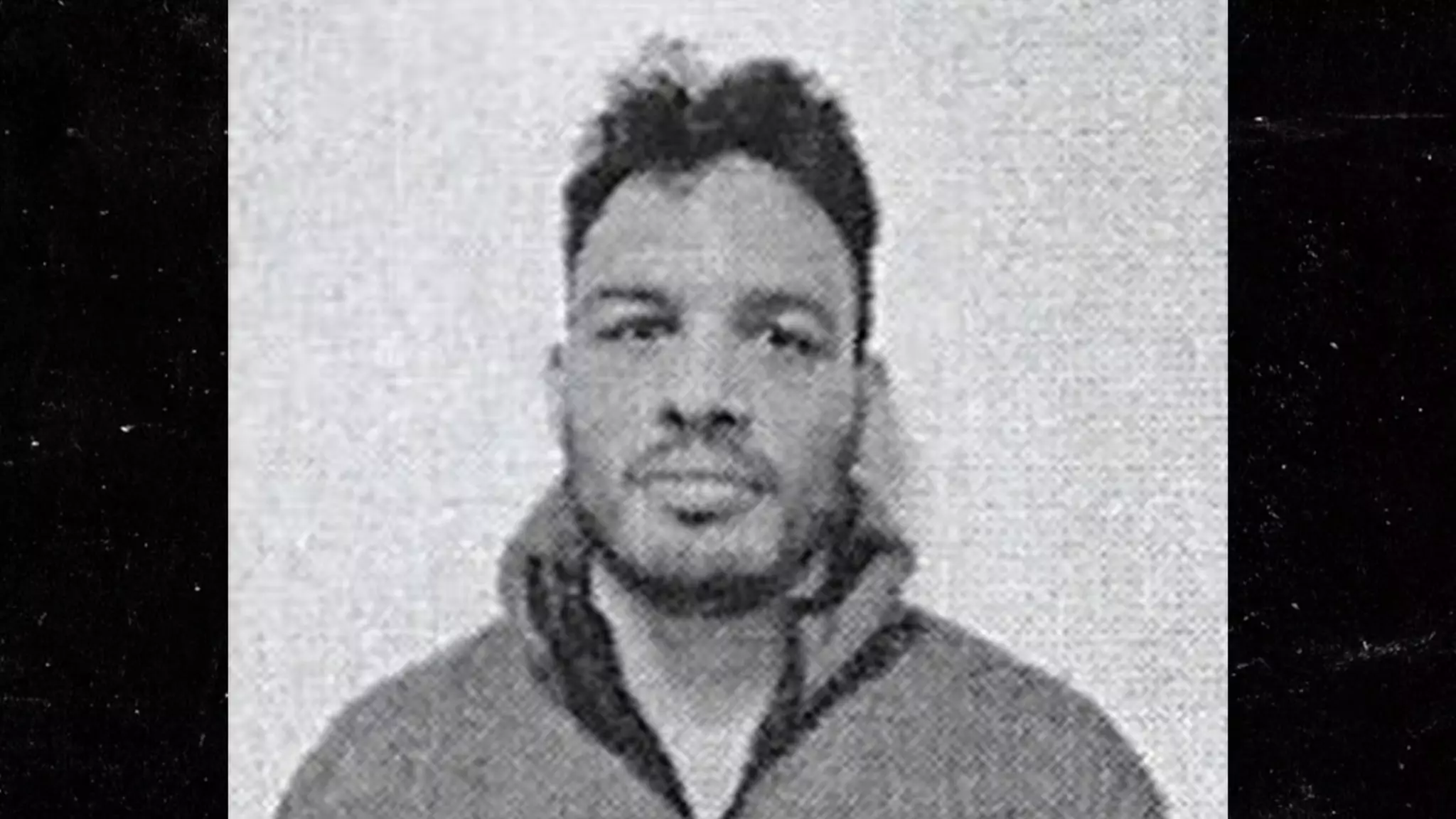Julio Cesar Chavez Jr., once celebrated as a boxing prodigy and the son of legendary Julio Cesar Chavez Sr., now finds himself embroiled in a swirl of criminal allegations that tarnish his legacy. His recent arrest by Immigration and Customs Enforcement (ICE) in Studio City signals a stark contrast from his days of martial prowess and fame in the boxing world. As fans and critics alike observe his decline from athletic excellence to headlines of serious criminal charges, one must question what societal or personal failures have led to this precipitous downfall.
Chavez Jr.’s career at the peak was marked by notable fights against top-tier fighters like Canelo Alvarez and his brief encounter with Jake Paul. His name once evoked admiration in the boxing community, symbolizing talent and perseverance. Yet, behind that illustrious career lies a troubling pattern of legal issues, a troubling indicator that perhaps talent alone cannot shield a person from the consequences of considerable personal failings. His recent arrest centers around grave allegations—being involved in weapons trafficking, organized crime, and links to the infamous Sinaloa cartel. Such accusations not only threaten his personal freedom but also cast a shadow on his legacy as a sportsman.
Criminal Allegations and Their Broader Implications
The arrest, according to authorities, was triggered by an active warrant from Mexico, implicating Chavez Jr. in organized crime activities that include trafficking firearms and explosives. While Chavez’s boxing achievements provided fame, it appears that his personal life has become entangled with some of the most sinister elements of illicit enterprise. The connections to the cartel, as highlighted by Homeland Security officials, reveal a disturbing dimension to this case—raising questions about how someone with a public image and a history of legal troubles could become involved in such dangerous activities.
More concerning is the fact that Chavez Jr. has an established criminal record in the United States dating back over a decade, which details incidents like driving under the influence and, more recently, possession of an illegal assault weapon. These repeated infractions portray a reckless side that undermines the discipline and respect his sport once commanded. It is evident that his life off the ring has spiraled into chaos, emphasizing an urgent need for reflection and accountability. His story exemplifies how fame and a life of excess, if not managed properly, can lead an individual toward self-destruction.
The Larger Conversation: Fame, Responsibility, and Redemption
Chavez Jr.’s downfall compels a broader societal dialogue about accountability among athletes, celebrities, and high-profile individuals. His case underscores the importance of personal responsibility and the dangerous influence of criminal associations that can ensnare even the most talented. It raises questions about the role of law enforcement in monitoring and intervening in the lives of those who may be heading down destructive paths.
While some may see his arrest as merely criminal justice at work, it also serves as a stark warning about the limits of fame and the vulnerabilities of individuals thrust into the limelight. Chavez Jr. had the potential to inspire millions through his boxing prowess, yet his choices appear to have diverted him onto a perilous route. This narrative invites us to reflect on how society can better support those struggling with personal demons and prevent tragedies rooted in missteps and criminal affiliations.

